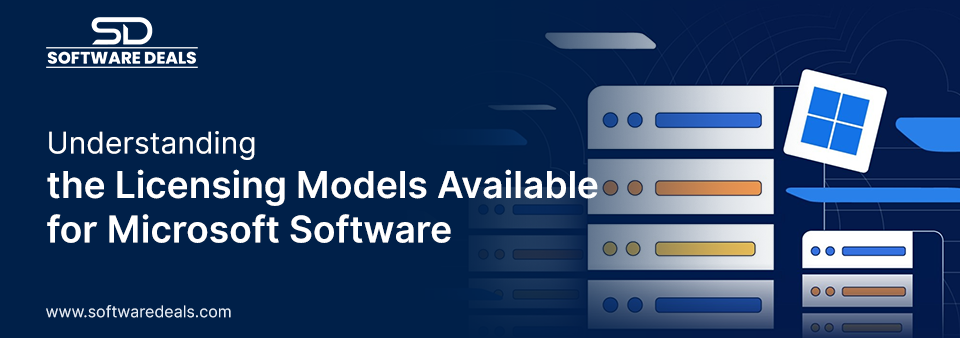Understanding the Licensing Models Available for Microsoft Software
May 8, 2025

1. Retail Licenses
Retail licenses are the most straightforward option for individual consumers and small businesses. When you purchase a retail copy of Microsoft software, such as Microsoft Office or Windows, you’re buying a license that allows you to install and use the software on one PC. This is ideal for those who prefer straightforward, single-user agreements. Retail licenses often come with customer support and easy installation processes, making them a popular choice among first-time buyers.
2. OEM Licenses
OEM (Original Equipment Manufacturer) licenses are intended for software that is pre-installed on new hardware, like a new laptop or desktop. These licenses are tied to the hardware and are not transferable. In other words, if you upgrade or change your PC, you can't take your OEM license with you. This model typically reduces the cost of the software when it comes bundled with hardware, which can be an attractive option for consumers looking for a deal on a new machine.
3. Volume Licenses
Volume licensing is designed for businesses that require multiple copies of Microsoft software. This is a great option for small to large organizations looking to save on costs while ensuring compliance with licensing agreements. Volume licenses allow businesses to install the software on multiple systems, often with a more favorable pricing structure. Additionally, businesses can opt for Software Assurance, a program that offers benefits such as version upgrades, training, and support.
4. Subscription Licenses
Microsoft has shifted a significant portion of its product offerings to subscription-based models, most notably seen with Microsoft 365. With a subscription license, users can access the latest versions of the software for the duration of their subscription period. This model is particularly advantageous for organizations that want to ensure employees always have access to the latest features and updates without having to purchase new versions outright. Microsoft 365 also includes cloud services such as OneDrive and Teams, making it an appealing all-in-one solution for many.
5. Education Licenses
Microsoft provides special licensing options for educational institutions. These licenses are often free or heavily discounted for students, teachers, and educational organizations. This model encourages educational growth and can significantly enhance the learning experience by providing students access to essential software tools. Institutions can opt for both volume licensing or cloud-based options, such as Microsoft 365 Education, which includes collaborative tools suitable for educational environments.
Conclusion
Understanding the licensing models available for Microsoft software is essential in making purchasing decisions that align with your needs and budget. From straightforward retail licenses for personal use to more complex volume licenses for enterprises, options are available to fit various situations.
At SoftwareDeals.com, we offer the best deals on genuine Microsoft software alongside a range of other top brands. With over 26 years of trusted service, you can count on us for instant downloads and secure licensing. Visit our website today to find the perfect Microsoft products to suit your needs.
